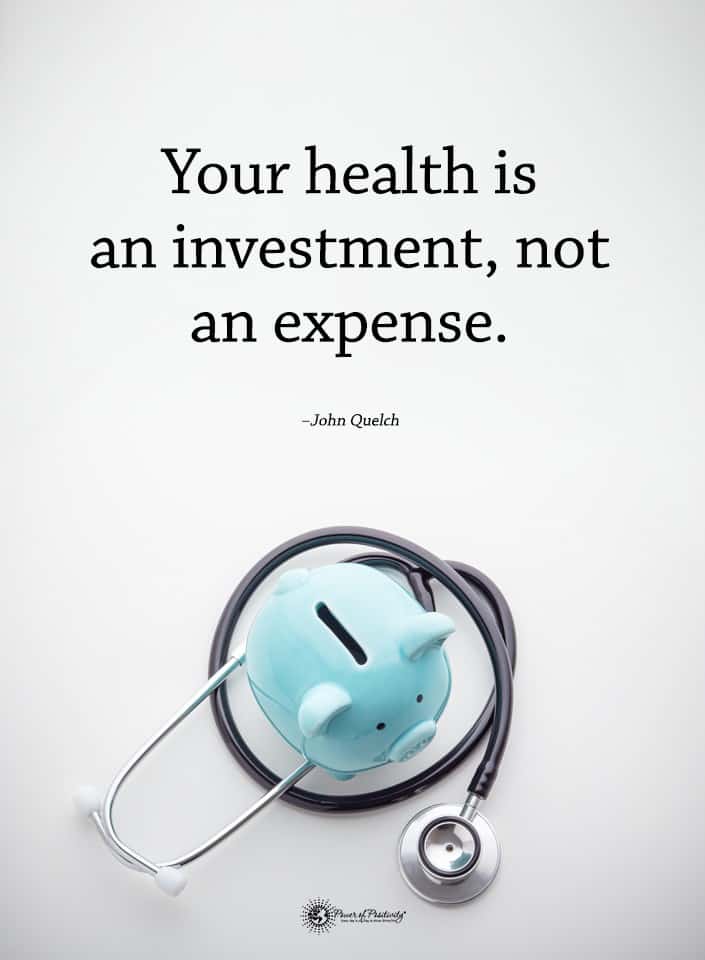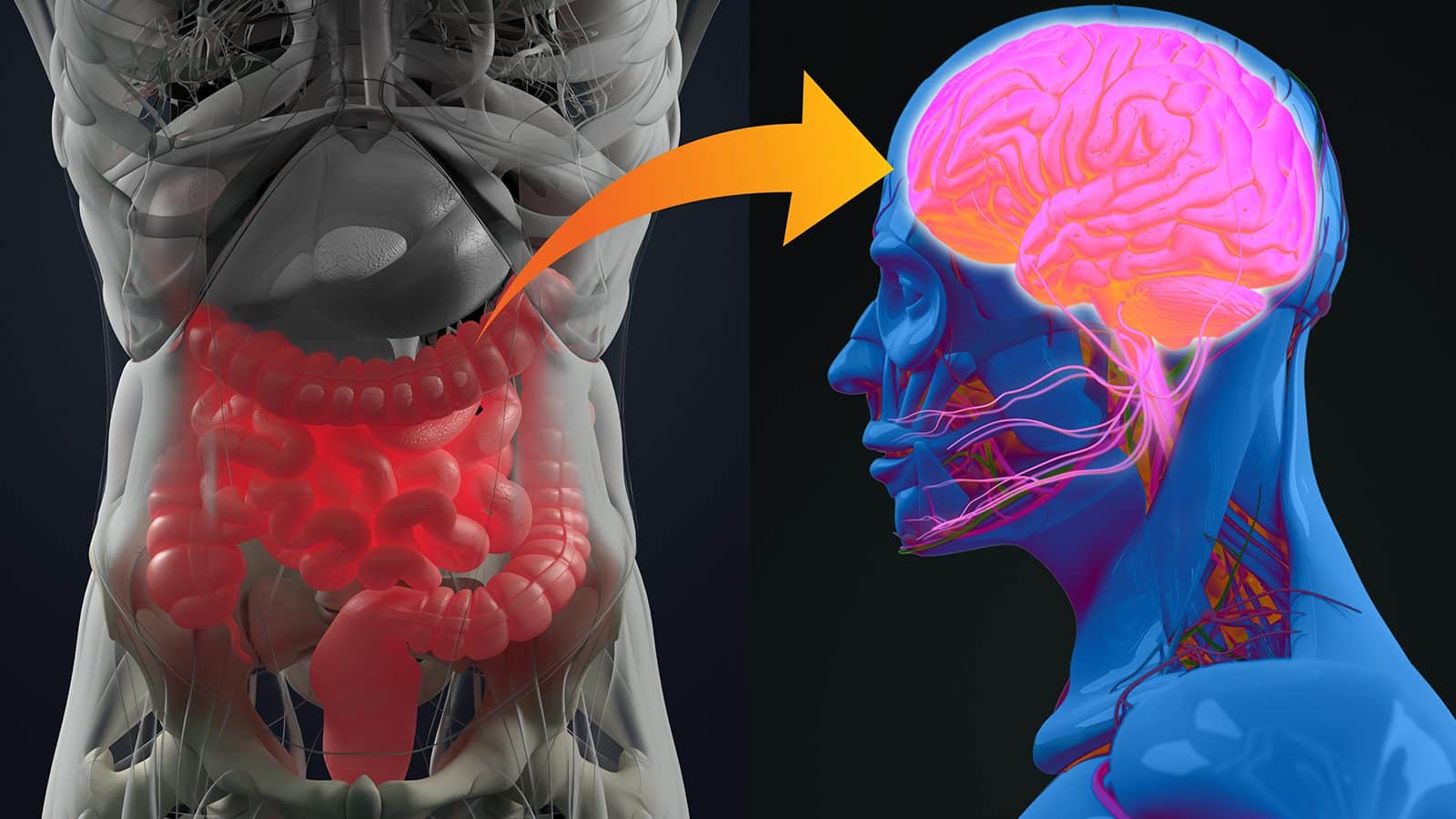Our bodies are intricate communication networks, with countless messages sent back and forth every second. Indeed, it might be the most fascinating biological health dialogue: the conversation between our gut and brain, otherwise known as the gut-brain axis.
This article isn’t just about butterflies in your stomach when you’re nervous or comfort eating when you’re down. The gut-brain axis is a two-way communication system that can significantly affect our mental health, physical well-being, and overall quality of life.
The Role of the Microbiome in Gut-Brain Communication
Our gut hosts a thriving ecosystem of bacteria known as the microbiome, and this microscopic community plays a pivotal role in the gut-brain axis. The types of bacteria in your gut, their balance, and the substances they produce all influence the messages going to your brain.
Why the Gut Is Often Referred to as Our ‘Second Brain’
Did you know your gut has an independent nervous system, often called the “second brain”? The enteric nervous system comprises around 500 million neurons, more than in the spinal cord.
This “second brain” doesn’t ponder philosophical thoughts or solve algebraic equations. However, it controls complex gut functions and communicates with your primary brain, contributing to overall well-being.

Unpacking the Science Behind the Gut-Brain Axis
Read on for more information about the mechanics that comprise the gut-brain axis.
Neurotransmitters and the Gut-Brain Axis
One of the methods the gut and brain use to communicate is through chemicals called neurotransmitters. For instance, serotonin, often called the “happy chemical,” is primarily produced in the gut. Serotonin influences mood, sleep, appetite, and cognition.
The Vagus Nerve: A Vital Communication Route
Another critical component in the gut-brain dialogue is the vagus nerve. This nerve is a superhighway of information, transmitting signals between the brain and many internal organs, including the gut. For example, feelings of fullness after eating are communicated via the vagus nerve.
How the Immune System Interacts with the Gut-Brain Axis
A less-known player in this bi-directional communication is the immune system. Researchers estimate that 70-80% of immune cells reside in the gut and interact with the gut microbiome. An imbalance in the gut microbiome might trigger immune responses that may, in turn, affect brain function, potentially contributing to neurodevelopmental disorders and neurodegenerative diseases.
The Implications of a Healthy and Unhealthy Gut-Brain Axis
What are the impacts of a less-than-optimal gut-brain axis on your health? Below, you will find a few consequences.
How the Gut-Brain Axis Influences Mood and Behavior
A balanced gut microbiome and a well-functioning gut-brain axis can contribute to a positive mood and balanced behavior. Conversely, dysbiosis or imbalance in the gut can lead to low mood, anxiety, and other mental health issues.
The Gut-Brain Axis and Physical Health
Research finds links between the gut-brain axis and various physical health conditions, such as irritable bowel syndrome, obesity, and autoimmune diseases. While imbalances in the microbiome are not the only cause of these conditions, they can contribute to each.
Chronic Illnesses and Their Links to the Gut-Brain Axis
Chronic illnesses such as Parkinson’s disease, Alzheimer’s, and multiple sclerosis have all been associated with changes in the gut microbiome. The gut-brain axis could also play a role in these conditions.
The Role Nutrition Plays in the Gut-Brain Axis: Understanding Probiotics and Prebiotics and Nutritional Deficiencies
Your diet profoundly affects your gut microbiome and the gut-brain axis. A varied diet rich in fiber, fruits, vegetables, lean proteins, and healthy fats encourages a diverse gut microbiome, promoting mental and physical health.

Probiotics and Their Effect on the Gut-Brain Axis
Probiotics are live bacteria and yeasts. These are good for your health, especially your digestive system. We typically think of bacteria as something harmful. But your body is full of good and bad bacteria. Probiotics are “good” or “friendly” bacteria that help keep your gut healthy.
Studies prove that certain probiotics can support the gut-brain axis by enhancing gut barrier function and reducing inflammation. They also create neuroactive substances. Regularly consuming probiotic-rich foods can promote the growth of beneficial gut bacteria, improving gut health and potentially positively impacting brain function.
20 Best Probiotic Foods:
- Yogurt
- Kefir
- Sauerkraut
- Tempeh
- Kimchi
- Miso
- Kombucha
- Pickles
- Traditional buttermilk
- Natto
- Some kinds of cheese (such as Gouda, mozzarella, cheddar, and cottage cheese)
- Probiotic yogurt drinks
- Apple cider vinegar
- Salted gherkin pickles
- Brine-cured olives
- Fermented soybeans
- Lassi (Indian yogurt drink)
- Sourdough bread
- Some types of sour pickles
- Kvass (a traditional Slavic and Baltic fermented beverage)
Prebiotics and Their Effect on the Gut-Brain Axis
Prebiotics are the dietary fiber that feeds the friendly bacteria in your gut. These help the gut bacteria produce nutrients for your colon cells. As a result, you can support a healthier digestive system.
Prebiotics may enhance the gut-brain axis by altering the composition of the gut microbiome. A healthy and diverse microbiome can produce more short-chain fatty acids (SCFAs), known to have neuroactive properties, potentially promoting brain health.
20 Best Prebiotic Foods:
- Chicory Root
- Dandelion Greens
- Jerusalem Artichoke
- Garlic
- Onions
- Leeks
- Asparagus
- Bananas
- Barley
- Oats
- Apples
- Konjac Root
- Cocoa
- Burdock Root
- Flaxseeds
- Yacon Root
- Jicama Root
- Wheat Bran
- Seaweed
- Peas
Nutrient Deficiencies and Their Consequences on the Gut-Brain Axis
The gut-brain axis is complex; maintaining balance is critical for our health. Nutrition plays a significant role in this balance, and various nutrient deficiencies can harm the gut-brain axis.
Let’s delve into how deficiencies in several key nutrients can affect this system.
Omega-3 Fatty Acids
Omega-3 fatty acids play a key role in brain health, and their deficiency can affect the gut-brain axis. Omega-3s are vital elements of cell membranes and contribute to the fluidity and flexibility of these membranes. They’re crucial for proper cell function.
They’re also anti-inflammatory, which can help keep the gut lining healthy. A deficiency in Omega-3 fatty acids can alter the composition of the gut microbiome. Furthermore, it can increase inflammation, affecting mood and cognitive function.
B Vitamins
B vitamins, particularly B6, B9 (folic acid), and B12, are essential for brain health and function. They contribute to producing neurotransmitters like serotonin and dopamine that influence mood and other aspects of brain function.
Deficiency in these vitamins can lead to increased homocysteine levels, which are associated with inflammation and various neurodegenerative diseases. As a result, they might disrupt the gut-brain axis, contributing to mood disorders and cognitive decline.
Vitamin D
Vitamin D receptors are present in both the brain and the gut, indicating their role in the health of both organs. It can also modulate the immune system and support the gut barrier function, influencing gut microbiota composition.
Science shows how a Vitamin D deficiency also connects with various mental health conditions, including depression and schizophrenia, suggesting its importance in maintaining the gut-brain axis.
Zinc
Zinc is critical in maintaining the gut barrier function and modulating the immune response. A zinc deficiency can lead to increased gut permeability (leaky gut), triggering an immune response and potentially leading to chronic inflammation. Thus, the inflammation can negatively affect brain function, including cognitive performance and mood.
Iron
Iron is vital for producing neurotransmitters and myelin. It surrounds and protects nerve fibers in the brain. Iron deficiency can disrupt these processes and links to cognitive impairments, including learning difficulties and attention deficit disorder. This deficiency can also alter the gut microbiota composition, negatively affecting the delicate balance.
Fiber
Although not technically a nutrient, dietary fiber is worth mentioning because it plays a crucial role in gut health. It’s the primary food source for beneficial gut bacteria. Remember those prebiotics from earlier? A lack of fiber can underly an imbalance in the gut microbiota, with potential knock-on effects for the gut-brain axis, including mood and cognitive function.
A balanced diet rich in these nutrients is essential for maintaining a healthy gut-brain axis. So if you’re concerned about potential nutrient deficiencies, please see a healthcare professional, who may recommend dietary changes or supplements as necessary.
Actionable Steps to Improve Your Gut Health
NOTE: Always consult with healthcare professionals when making significant modificiations to your diet or lifestyle or addressing specific health concerns. This journey is unique to everyone, so finding what works best for you is essential.
Dietary Changes to Boost Gut Health and Strengthen Your Gut-Brain Axis
Adopting a gut-friendly diet can have a positive impact on your brain health. Include diverse foods. Focus on eating fresh foods–fruits, vegetables, lean proteins, and healthy fats. Also, consider adding probiotic and prebiotic-rich foods listed in the preceding sections.
The Importance of Regular Physical Activity for Gut Health
Physical activity can enhance the diversity of the gut microbiome, improving the gut-brain axis. Regular exercise, whether walking, cycling, yoga, or a gym workout, can help.
Stress Management and its Role in Promoting Gut Health
Chronic stress wreaks havoc on your gut microbiome, disrupting the gut-brain axis. So try stress management techniques like meditation, deep breathing, yoga, journal writing, or mindfulness. These practices can reduce stress and thus protect your gut health.
Frequently Asked Questions About the Gut-Brain Axis
Here are a few more questions people also ask about the gut-brain axis and how it impacts human health.
Can an Improved Gut Health Enhance Brain Function?
An ever-growing body of evidence implies that a healthier gut can improve brain function, potentially reducing the risk of neurodegenerative diseases and improving mood disorders.
How Long Does It Take to Restore Gut Health?
The ideal healing time varies from person to person. But a few weeks to months of consistent dietary and lifestyle changes can result in noticeable improvements in gut health and related symptoms.

What are the Signs of an Unhealthy Gut?
The gut is vital in maintaining your overall health, from digestion to immune function to mental health. If something is amiss in your gut, your body may send out several warning signs. It’s essential to recognize these potential indicators of an unhealthy gut so that you can take steps to improve your gut health and, in turn, support the functioning of the gut-brain axis.
Here is a more comprehensive peek at some signs of an unhealthy gut:
Digestive Issues:
These are the most direct symptoms of an unhealthy gut. These discomforts can include bloating, which can come from excessive gas production by the gut bacteria. Constipation could indicate a lack of fiber or inadequate water intake. Of course, you know that both are crucial for gut health. Diarrhea can result from food intolerances, infections, or certain gut conditions. Finally, frequent heartburn could be a sign of gastroesophageal reflux disease (GERD), which may occur due to an imbalance in the gut bacteria.
Mental Issues:
The gut-brain axis means your gut health can significantly impact your mental health. Anxiety, mood swings, depression, and even memory problems may link to an unhealthy gut. In fact, an emerging field of study called psychobiotics explores how modifying gut microbiota can help manage mental health issues.
Skin Problems:
An unhealthy gut can also manifest as skin problems. Therfore, conditions like eczema, psoriasis, rosacea, or unexplained rashes may stem from poor gut health. This connection is likely due to the inflammation caused by an imbalanced gut microbiome.
Fatigue:
Unexplained fatigue or constantly feeling tired may also indicate an unhealthy gut. Most of the body’s serotonin, which affects mood and sleep, is produced in the gut. An imbalance in gut bacteria might impact the production of serotonin, leading to sleep disturbances and fatigue.
Unintentional Weight Changes:
It might be due to an unhealthy gut if you’re losing or gaining weight without significantly changing your diet or exercise habits. Insufficient gut bacteria diversity or an overgrowth of certain bacteria can impact how your body absorbs nutrients, regulates blood sugar, and stores fat, contributing to weight changes.
Food Intolerances:
Difficulty digesting certain foods, a condition different from food allergies, may signify an unhealthy gut. Food intolerances could be due to poor quality of gut bacteria or insufficient digestive enzymes.
Bad Breath:
Halitosis, or persistent bad breath, can sometimes indicate an unhealthy gut. This issue can stem from an overgrowth of certain gut bacteria types.
Frequent Illness:
If you’re often sick, especially with colds or other minor infections, it could be a sign your gut health isn’t up to par. As mentioned earlier, much of the human immune system resides in the gut. As a result, an unhealthy gut can weaken your immune response.
Remember, these signs can also be symptoms of other health issues, so it’s crucial to seek medical advice if you’re experiencing any persistent health problems. Moreover, managing your gut health should be part of a holistic approach to wellness, taking into account diet, exercise, stress management, and regular check-ups with healthcare professionals.

Final Thoughts on Unleashing the Power of the Gut-Brain Axis
The science of the gut-brain axis reveals how interconnected our bodies indeed are. Maintaining a healthy gut isn’t just about avoiding stomach issues—it’s about promoting overall health, from our mood to physical well-being.
Embracing this knowledge and beginning your journey toward improved gut health can be empowering. It’s more than just a diet change – it’s a lifestyle adjustment considering mental, physical, and emotional well-being.
Understanding the gut-brain axis underscores the importance of holistic health approaches. We can’t compartmentalize our bodies. Our brain health connects to our gut health; our physical state influences our mental state. In fact, our overall wellness is an interconnected web.
Remember, small, sustainable changes are more effective than radical, short-term overhauls. First, start incorporating more gut-friendly foods into your diet. Then, gradually increase your physical activity. Finally, don’t forget you must make time for stress management.
The gut-brain axis offers exciting opportunities for enhancing our health and well-being. Through diet, exercise, and stress mitigation, we can cultivate a thriving gut microbiome. Thus, we can produce a robust gut-brain axis and enjoying the benefits of physical and mental well-being.
While the science of the gut-brain axis is exciting, it’s still an emerging field.
Remember that the journey towards better health is a marathon, not a sprint. So, start today, and enjoy cultivating a healthier you. You are worth it!


















